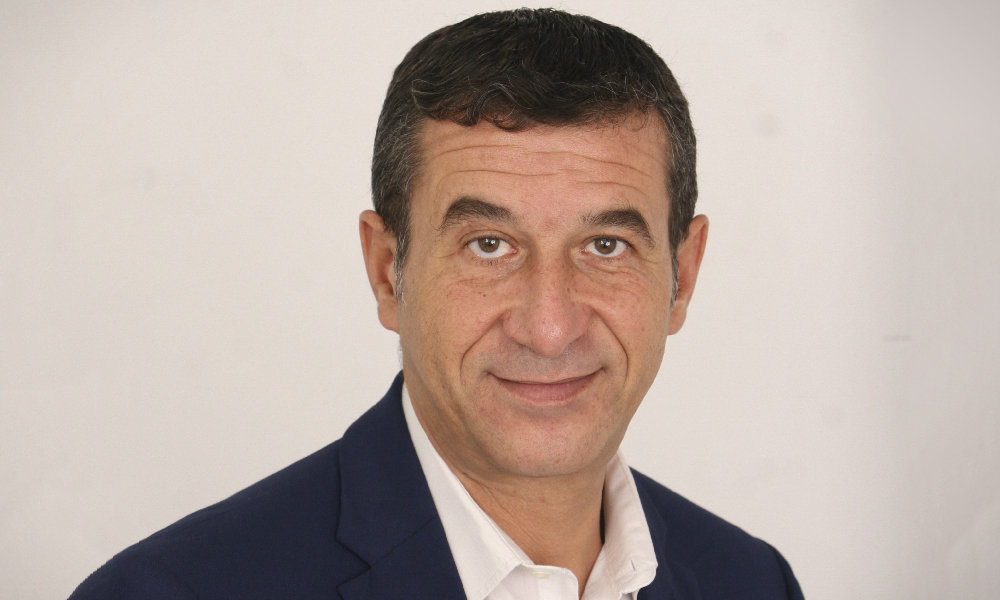As the impact of the coronavirus outbreak continues to reverberate around the world, governments have put in place stringent measures to ensure the safety of populations. One of the chief prevention measures has been to enforce stay home orders, meaning that cannot leave their houses except for essential services and requirements.
The UAE has been at the forefront of combating the COVID 19 crisis and has been one of the most stringent enforcers of the stay home order and has seen notable success in their handling of the crisis due to their proactivity and decisiveness.
However, with some many people staying home, it is perhaps prudent to look at the capabilities of the UAE’s utilities networks and understand the preparedness measures put in place to mitigate the demands placed on them by more people staying at home.
“In the short term, we expect utilities to experience load reductions due to a decreased demand for power, gas and water from the commercial and industrial sectors. This should alleviate some of the strain on utilities and divert resources to the increased need from residential customers, given that more people are now either working/studying from home,” said Francois Frigaux, regional sales director, Middle East and North Africa for Sensus, a Xylem Brand, while speaking to MECN.com
“The UAE already has a strong power and water infrastructure but what the current situation underpins is the need to further optimise operations and achieve higher efficiency by leveraging digital technology. The nation has already prioritised this, and we see strong efforts across all utilities to introduce smart networks that will reduce distribution losses as well as proactively identify any maintenance challenges.”
Frigaux explains that technology will play a central role in the management of utilities, particularly with regards to precious water resources. Intelligent solutions, such as smart water meters, can help identify fluctuations in supply and demand, while consumption can be monitored more accurately and on an ongoing basis.
“It’s important to remember that the production of water in this part of the world requires significant outputs of energy, which equates to increased emissions and financial costs. By implementing a holistic, smart approach to water management, utilities can gain greater operational efficiency and profitability in the long-term, whilst helping to reduce unnecessary water leakage and energy expenditure across their networks.
“The UAE is home to some of the most innovative infrastructure in the world, including DEWA’s market-leading smart water solutions. This highlights the country’s ability to remain resilient in the face of the current crisis and continue to maintain essential water and wastewater services for communities. The lack of disruption we are currently experiencing is testament to the benefits that a comprehensive smart water network can bring,” he explained.
Finally, Frigaux added that with the coronavirus outbreak already causing far-reaching concern and economic hardship for countries, the recently announced stimulus package by the UAE government to reduce DEWA water and electricity charges by 10% across residential, commercial and industrial sectors, was testament to the support it offers UAE businesses, the economy and the entire nation during this time.

